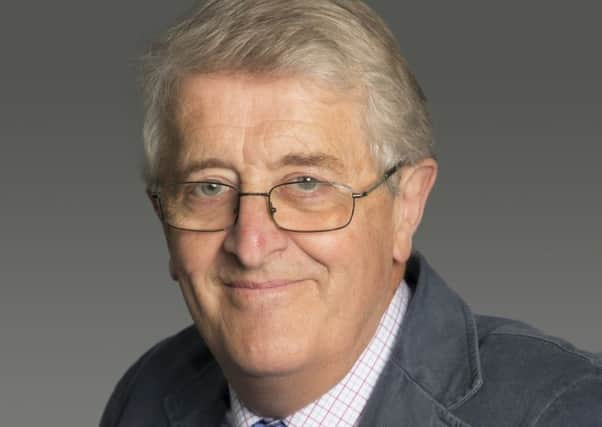Professor Alan Maynard, health economist


His ideas inspired numerous improvements to the NHS in the 1990s and 2000s and he helped put the social science of “health economics” on the map, developing it from an arcane theory in the 1970s to the mainstream profession it became.
He also helped to plan and to manage NHS services in York, playing a leading role in the city since the 1980s.
Advertisement
Hide AdAdvertisement
Hide AdEducated at first on the Wirral, he studied Economics at Newcastle University, and went on to take a BPhil in Economics at York.
From 1968 he taught at Exeter University but moved in 1971 back to York.
In 1978 he created the university’s MSc in health economics, which has since trained more than 750 professionals in governments, universities, pharmaceutical companies and healthcare organisations around the world.
He founded in 1983 the Centre for Health Economics, of which he was director until 1995. He was also the founding editor of Health Economics, a leading journal in the field, and he later had a hand in creating the York Health Economics Consortium and the Centre for Reviews and Dissemination.
Advertisement
Hide AdAdvertisement
Hide AdDetermined to improve policy debate by clarifying what he considered “ill-defined problems”, he picked out solutions that were “faith-based”, and fearlessly called out those he thought were “talking tosh”.
He was particularly critical when in 2010 David Cameron announced, at election time, a £200m fund for new cancer drugs,a move described by Prof Maynard as “victory for the lobbying power of the pharmaceutical companies”, which he said, “drove a coach and horses” through the National Institute of Clinical Excellence, which was supposed to approve such treatments.
It was one of a raft of disagreements with the medical profession, not the least of which was his description of GPs as “a marauding bunch of shopkeepers who wish to preserve the inefficient provision of care”.
But despite his bluntness, he was always invited back into the world of policy debate – where his insight and authenticity were valued, and he was liked even by those who disagreed with him.
Advertisement
Hide AdAdvertisement
Hide AdHe had served since the early 1980s as a member of York Health Authority and later as a non-executive member of York Hospitals NHS Trust. From 1997 to 2010 he was chairman of York NHS Trust and from 2012 to 2015 of the NHS Vale of York Clinical Commissioning Group. He was appointed OBE in 2009.
His wife, Elizabeth Shanahan, survives him with two sons and two daughters.